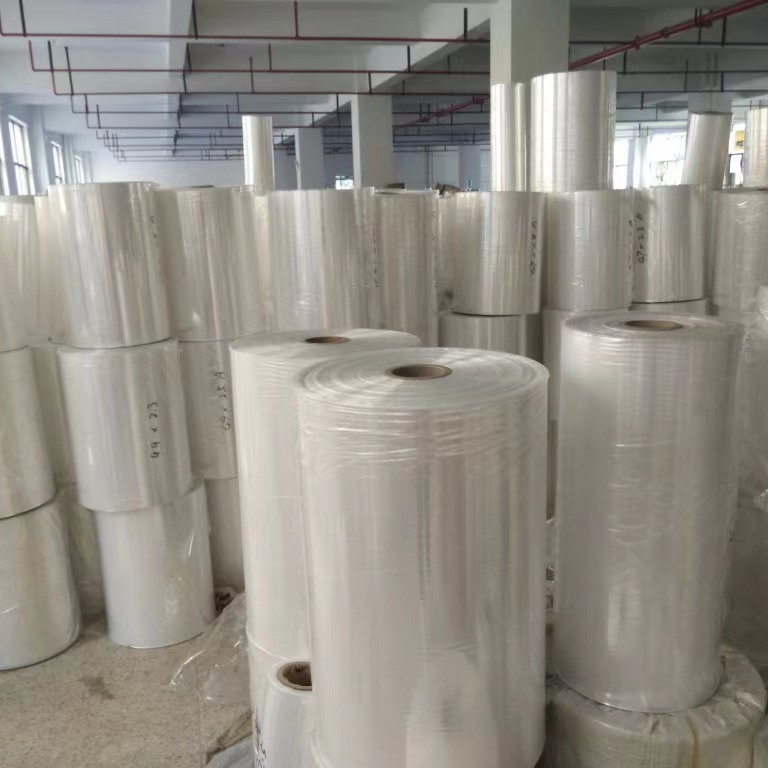
BOPP Film Scrap
Product Name: BOPP Film Scrap (Biaxially Oriented Polypropylene)
Material Type: Polypropylene (PP)
Form: Rolls, sheets, trims, flakes, or shredded film
Color: Clear, white, transparent, printed, or metallized (as per customer requirements)
Origin: Germany
Purity: 98% – 99% PP content (minimal contamination)
Density: 0.90 g/cm³
Thickness: 15 – 50 microns (varies based on application)
Moisture Content: Less than 1%
Melting Point: 160°C – 170°C
Packaging: Bales, rolls, or bags, depending on the form and customer preferences
Contaminants: Free from PVC, metal, and hazardous substances
Recyclability: 100% recyclable for use in packaging, textiles, and consumer products
Environmental Compliance: Collected and processed under Germany’s strict recycling and environmental regulations
Certification: Compliant with international plastic recycling and material standards
Description
BOPP Film Scrap (Biaxially Oriented Polypropylene) consists of post-industrial and post-consumer BOPP films collected and processed for recycling. BOPP film is known for its excellent clarity, strength, moisture resistance, and flexibility, making it widely used in packaging and labeling industries. The scrap typically includes clear, printed, metallized, and laminated films, free from contaminants and ready for reprocessing. Sourced from Germany, where advanced recycling standards ensure high material quality, this BOPP film scrap is suitable for a variety of industrial applications.
Application:
BOPP Film Scrap is highly versatile and widely used in various industries due to its lightweight nature, durability, and recyclability:
- Packaging Industry: Recycled into flexible packaging materials for food, snacks, confectionery, and personal care products.
- Labeling Industry: Used in the production of adhesive labels, tapes, and wraps.
- Plastic Sheet Manufacturing: Processed into new BOPP sheets for printing and lamination purposes.
- Textile Industry: Converted into synthetic fibers used in carpets, upholstery, and non-woven fabrics.
- Stationery Products: Recycled into folders, binders, and protective covers.
- Agricultural Industry: Utilized in the production of mulch films and protective crop covers.
- Consumer Goods: Transformed into household products, shopping bags, and decorative films.
- Recycling Industry: Plays a role in sustainable plastic recycling by reducing plastic waste and promoting circular economy practices.
